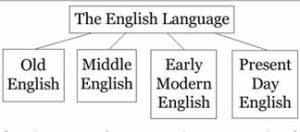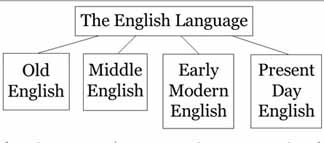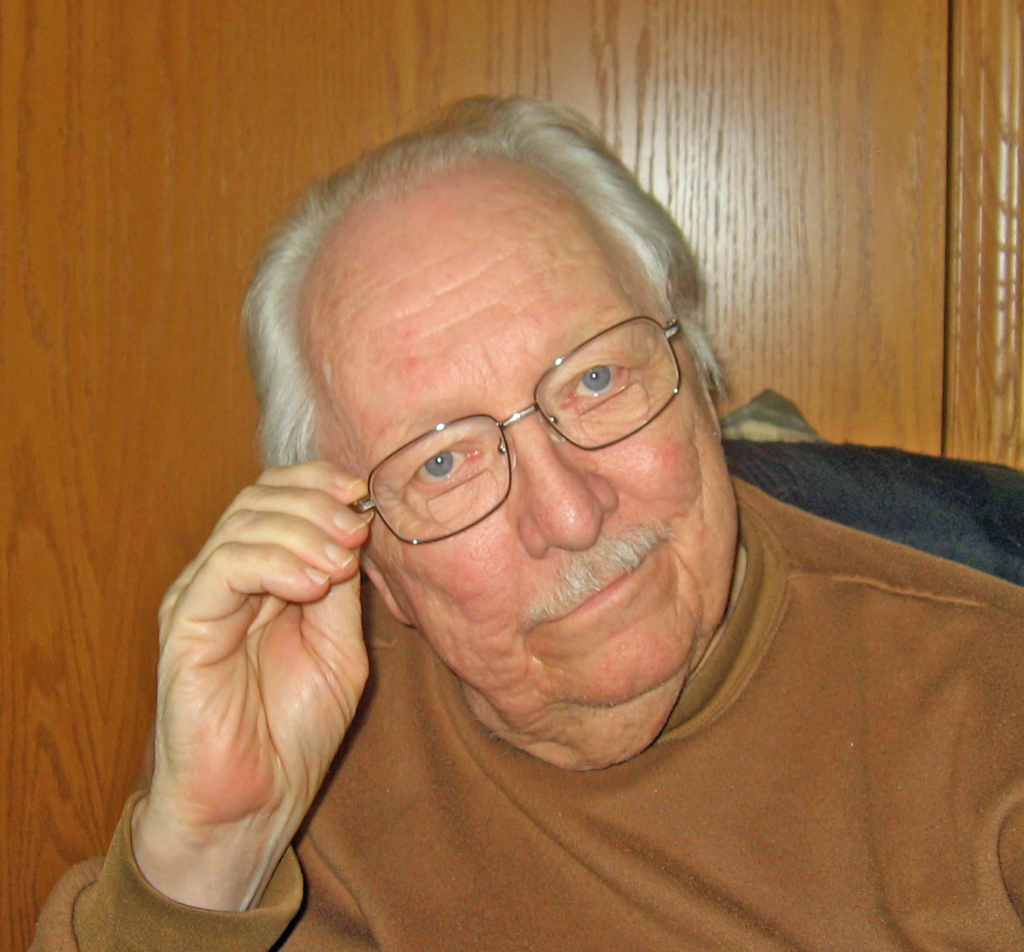Sharing is caring!
 I caught a bit of the hearing that the Senate was holding yesterday. As a writer, I listen a little more carefully as a new word was defined, literalist. The general meaning would be someone who adheres to the exact letter of something. In the hearing for the new Supreme Court justice, it means interpreting the Constitution as it was written back in the 18th century. It was a surprise to me. A couple of examples of things back then are you couldn’t vote unless you were male and held land. They didn’t want the common folk voting. Only men with stature were allowed to vote?!? Of course, that also meant women could not vote. If you were sick, they would drain “excess” blood from you. Some think that may have killed our first president.
I caught a bit of the hearing that the Senate was holding yesterday. As a writer, I listen a little more carefully as a new word was defined, literalist. The general meaning would be someone who adheres to the exact letter of something. In the hearing for the new Supreme Court justice, it means interpreting the Constitution as it was written back in the 18th century. It was a surprise to me. A couple of examples of things back then are you couldn’t vote unless you were male and held land. They didn’t want the common folk voting. Only men with stature were allowed to vote?!? Of course, that also meant women could not vote. If you were sick, they would drain “excess” blood from you. Some think that may have killed our first president.
Justice Antonin Scalia’s name came up being a literalist. However, everything I’ve seen about Justice Scalia is he is more rightly called an originalist. Wikipedia defines originalist as “In the context of United States law, originalism is a concept regarding the interpretation of the Constitution that asserts that all statements in the constitution must be interpreted based on the original understanding “at the time it was adopted.” At first glance, that would make sense because we’re trying to understand what the Constitution’s original framers were thinking. The date when the Constitution became effective was March 4, 1789. That means we must interpret the Constitution, if we adhere to originalist doctrine, as it would’ve been in the 18th century.
The English language is continuously changing. It is broadly defined as a Germanic language. One of its features is that it readily borrows words from other languages, unlike French, which tries to remain without foreign words. An early example of adopting words came about as a result of the Norman Conquest in 1066. The nobles, in particular, would have been speaking French. They added words like venison to the language. Everyone wanted to sound like the nobles. Instead of saying deer meat, they would use the word venison.
Another more recent change in the English language is the word “gay.” When I was growing up, it meant happy and joyful. It now means a homosexual person. There are other examples of words that have vastly change their meaning. Other words become archaic. We don’t use them today regularly. Some, if you read the Constitution, you will have to look up.
I can understand Justice Scalia’s desire to adhere to the 18th-century interpretation of the Constitution. However, that is impossible. We don’t have the same mindset as a wealthy 18th-century person would have. We don’t own slaves. We don’t drain your blood if you’re sick. Too much changed in two centuries. It is easy to understand the desire to see the world as the framers of our Constitution did. However, time has changed so many things that you cannot think like a wealthy 18th-century person even as an intellectual exercise.
This post is meant to be a fun romp through history as applied to the confirmation hearings, and our sometimes foolish attempts to return to a long past time period in history

